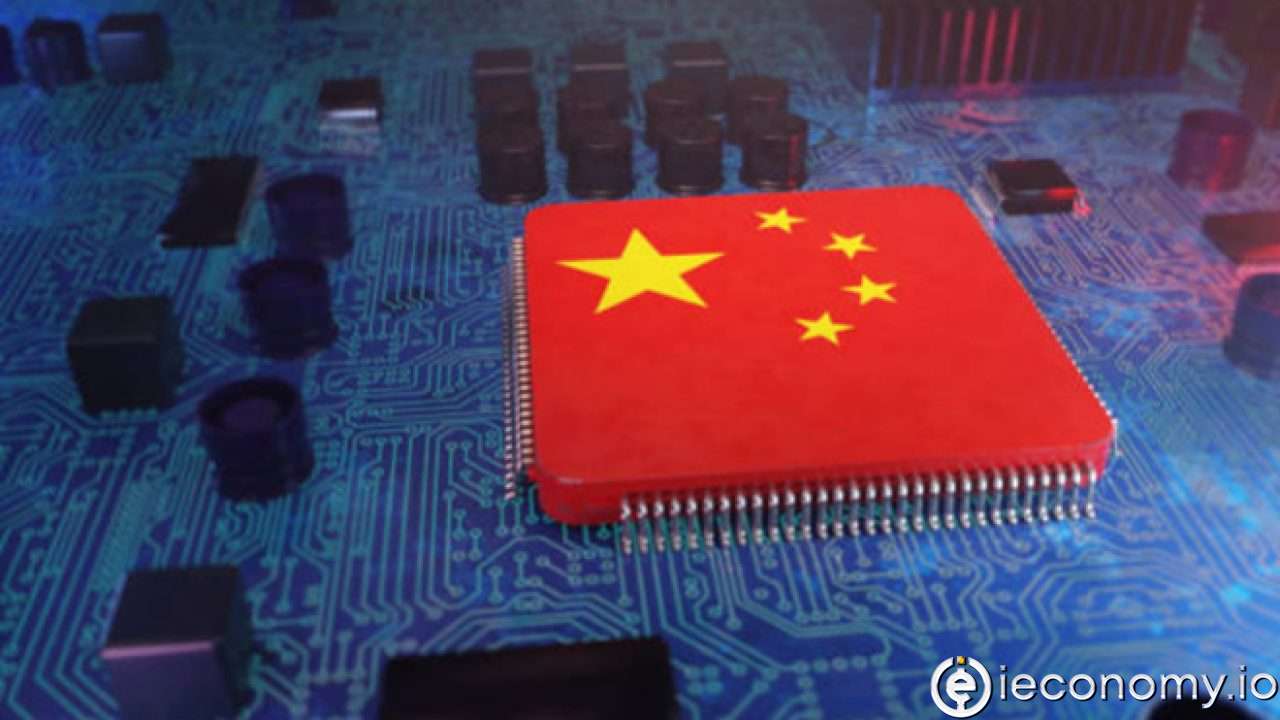4247
0
China needs foreign technology to develop their own chips
China needs foreign technology to develop their own chips. In reality, however, China is still far from meeting this goal.

Yazar: Tom Roberts
Yayınlanma: 1 Kasım 2021 20:26
Güncellenme: 2 Mart 2026 18:27
China needs foreign technology to develop their own chips
Chinese technology giants are trying to develop their own semiconductors and chips, as China has set itself the goal of becoming self-sufficient in these important technologies. In reality, however, China is still far from meeting this goal, because it is still heavily dependent on foreign technologies and lags behind in the most advanced ones. Hanbury wrote the CNBC television portal. Semiconductors are an important part of many devices, from smartphones to modern refrigerators to cars. They have also become one of the key points in the wider technological struggle between the United States and China. As the world's second largest economy, China has been investing heavily in the development of its domestic microchip industry for years. However, it is difficult for it to catch up with competitors from the USA, but also from other parts of Asia. In many countries, semiconductors are considered important for national security and a sign of technological sophistication. This year, a number of large technology companies from China have announced their own chips. Among them are Baidu, Alibaba or Oppo. Although these companies design their own chips, they are still dependent on foreign companies for their production. "It's a step towards greater self-sufficiency, but so far only a small one," said Bain & Company partner Peter Hanbury. "Specifically, these are examples of locally designed chips, but much of the intellectual property, manufacturing, equipment, and materials are still sourced abroad." Companies design their own chips to create semiconductors for specific applications, differentiating them from competitors. However, the country has no one capable of producing high-end semiconductors designed by domestic companies. The largest manufacturer of SMIC chips is still lagging behind in production technology. The country will have to rely on one of three foreign players - the American Intel, the Taiwanese TSMC or the South Korean Samsung. But it's not just about production. Even companies such as TSMC and Intel rely on equipment and tools from other companies for production. In this area, the influence is concentrated in a few players. The only company in the world capable of producing machines that are necessary for the production of state-of-the-art chips is the Dutch company ASML. "The semiconductor ecosystem is large and complex, so building self-sufficiency in such a wide range of technologies and capabilities is very difficult," adds Hanbury. Dependence on foreign companies thus makes Chinese companies vulnerable in times of geopolitical tensions, which has happened to Huawei and SMIC. Both are blacklisted in the United States, which restricts their access to American technology. Governments around the world consider semiconductors to be an extremely strategic and important technology. The United States is trying to return semiconductor production back to the United States because it considers it important for national security, given that supply chains are concentrated in Asia. Similar-minded countries are also working together to ensure security of supply for the semiconductor chain. Although China is ahead of its competitors in some areas of chip development, it will have difficulty catching up with the latest technology, at least in the short term. For example, SMIC can mass-produce 28-nanometer chips that can be used in televisions or automobiles. However, TSMC is already working on three nanometer technology, and is several years ahead of SMIC. "It's like running a race and wanting to catch up with a really fast runner, but he's running fast," Hanbury said.İLGİLİ HABERLER





European stocks soared and focus shifted to German retail sales after Powell's speech!

Forex Signal For TRY/USD: Inflation Slowdown in November.

Forex Signal For GBP/USD: Bullish Trend Still Not Breaking While Recovery Continues.

Forex Signal For EUR/USD: Starry US Data Points to Higher Fed Increases.

Forex Signal For BTC/USD: Downside Continues as Bitcoin Recovery Moves Less.
En Popüler Haberler
Yorum Yap
Yorumlar
Henüz yorum yapan yok! İlk yorumu siz yapın...